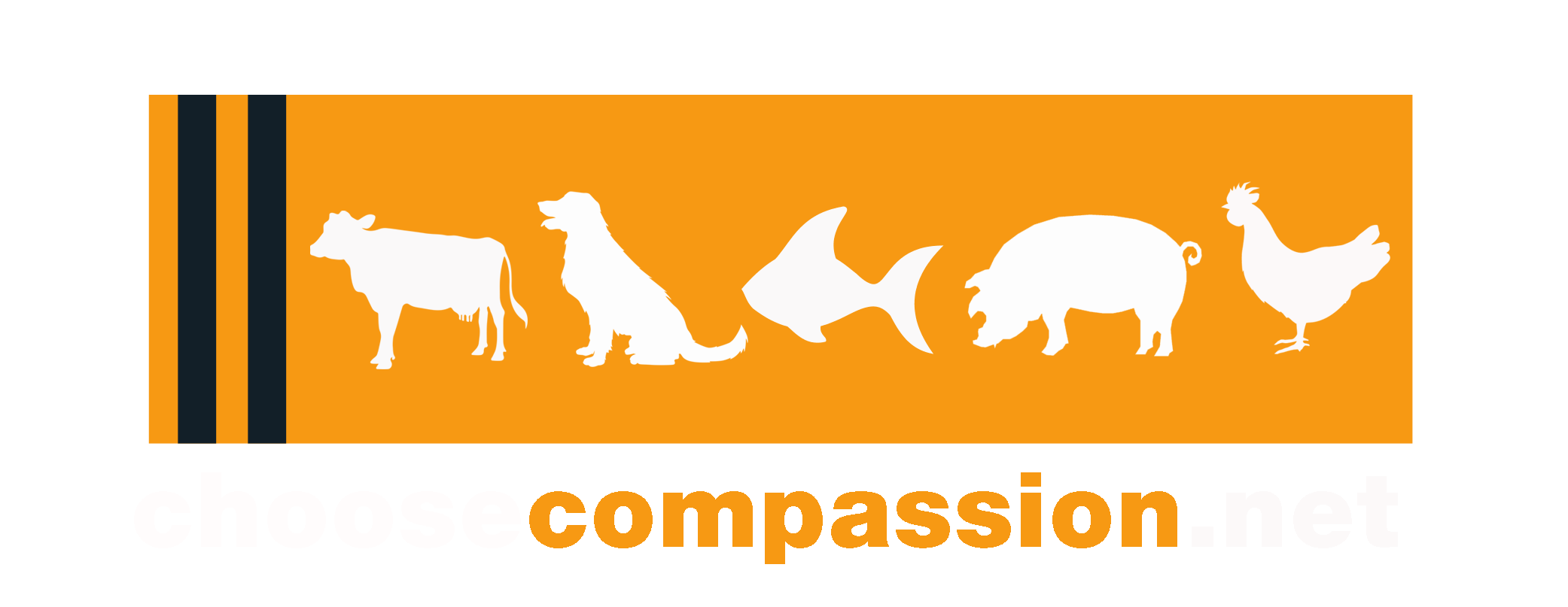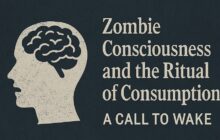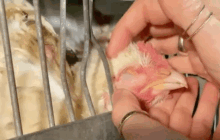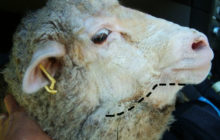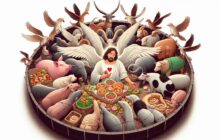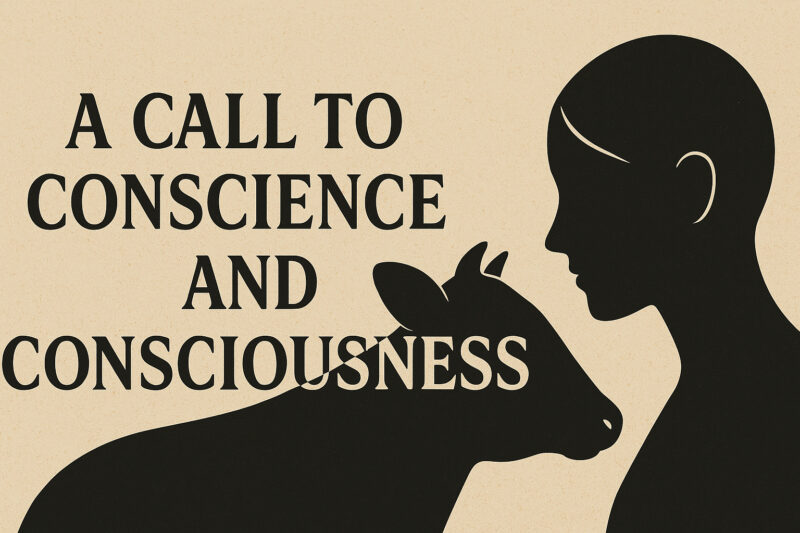
There is a dangerous thread that runs through history—a thread that justifies domination by wrapping it in belief. It has allowed some to treat others as means to an end: men over women, white over Black, human over non-human. The forms may differ, but the logic remains the same. Whenever power convinces itself of moral superiority, it seeks to impose its reality onto those with less. If the roles were reversed—if a more dominant force forced its worldview onto us—we would call it injustice; we would call it a violation of our freedom to exist as we are. Everyone has the right to their beliefs—but does that grant anyone the moral right to impose those beliefs at the expense of another’s autonomy?
The Invisible Belief System: Stories We Mistake for Truth
We are born into a silent story—one written long before us, where animals exist as objects, tools, or commodities. From early childhood, this narrative is fed to us through institutions, language, and tradition. It teaches us that consuming animal flesh is nourishment, wearing their skin is fashion, confining them for testing is science, and killing them is culture. We are taught these things not because they are ethical—but because they are familiar.
Yet familiarity is not morality. And cultural conditioning does not make something just.
This invisible belief and value system, shaped by habit and convenience, blurs the moral lines between need and want, survival and choice. It fosters the illusion that our supremacy is natural, that our desires outweigh another’s right to live free from exploitation. But once we step back, the illusion cracks.
Darkness in the Disguise of Light: When Belief Justifies Violence
The most extreme expressions of this system are found in animal agriculture, where sentient beings are systematically exploited, forcibly impregnated, separated from their babies, and ultimately slaughtered. These are not isolated incidents—they are routine, normalized acts of violence committed against individuals who, if they could speak our language, would beg for mercy.
What makes it more veiled is that we often carry out these actions not with cruelty in our hearts, but in a conviction that quietly violates the rights of those who cannot refuse. This is how violence disguises itself as virtue, and darkness slips in beneath a halo of moral light. When belief becomes so deeply ingrained that we no longer question its cost, cruelty is mistaken for custom, and exploitation masquerades as care.
It is not hunger that drives this violence—it is tradition, taste, and a deeply embedded belief that our preferences take precedence over another being’s autonomy, identity, and freedom from domination. And when such belief is treated as unquestionable truth, it becomes a blinding light that refuses to see the violations it enacts upon those stripped of choice. In what moral framework can that be justified?
Freedom, Not Forced Faith
Belief is a personal journey—but when belief becomes a mandate carved into the lives of others, it ceases to be belief and becomes oppression. To claim spiritual or cultural justification for exploitation is to miss the point: no worldview is righteous if it demands the violation of another’s dignity or autonomy, or if it trespasses against their freedom to exist unclaimed.
And beyond that—beliefs are not absolute truths. They are interpretations, shaped by culture, upbringing, and experience. To wield them as moral law over others is not justice, but coercion disguised as conviction. The danger is not in believing—but in believing so fully that we lose sight of those harmed by our certainty.
A just society honors the autonomy of all beings, not just the ones that look like us. True belief is lived, not enforced. And genuine freedom includes the right of others—not just to live, but to not be used.
The Mirror of Oppression
We’ve seen this logic before. We’ve seen it in systems that justified slavery, patriarchy, colonization. Each time, those with power rewrote the rules of justice to suit their image. Each time, we were called to look deeper—to see the humanity in those we had dehumanized.
So now we must ask: what are we refusing to see in animals?
They may not look like us, speak like us, or live like us. But they feel, they fear, they love, and they resist. And in every way that matters—they wish to live.
A Call to Conscience and Consciousness
To use another living being as a means to an end is to diminish both of you. When we deny animals their autonomy, we deny part of our own humanity in the process. Our capacity for empathy, for reflection, for moral evolution—it depends on our willingness to extend compassion beyond the borders we’ve been taught to draw.
This is not merely a call to conscience—it is a call to consciousness: to see beyond the myths, the customs, the conditioned indifference. To awaken is not simply to feel—it is to notice. To recognize the invisible patterns we’ve inherited, and to question the quiet violence we’ve normalized.
Animals are not here for our traditions, our cravings, or our convenience. They are not products. They are not tools. They are fellow passengers on this planet. And their lives are not less worthy simply because we’ve grown used to taking them.
Say no—to use, to abuse, to the quiet inheritance of domination.
Say yes—to awareness, to empathy, to the radical belief that freedom belongs to all who can suffer, who can choose, who can be.
Recommended Reads: The Crusade of Animal Rights Activists: Blessings to Those Who Call Evil Good and Good Evil
The Connection Between Higher States of Consciousness and Veganism
